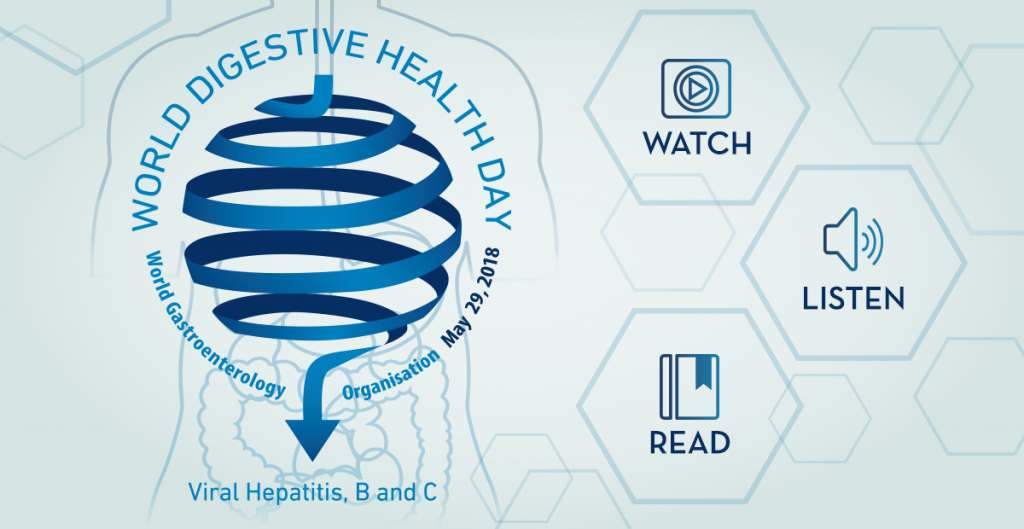Inside BENEO’s new pulse plant: pioneering sustainable protein from faba beans
The unawareness coupled with lack of screening programs have pushed the disease to be among the most prevalent kinds of cancer in India.
Although most people seem to be aware of common lifestyle diseases such as diabetes, hypertension, heart failure, etc., most of the population has never even heard about gastrointestinal (GI) cancer. The unawareness coupled with lack of screening programs have pushed the disease to be among the most prevalent kinds of cancer in India. Last year, 57,394 new cases of GI cancer were documented in India. Affecting more men than women, GI progresses slowly as a silent killer, affecting internal organs such as colon, rectum, esophagus, stomach, liver, gallbladder, pancreas, small intestine, appendix, and anus, etc. From difficulty in swallowing, discomfort in the abdomen to persistent indigestion and dark stools with or without blood, most patients do not consider opting for an immediate screening of these symptoms. Why? Since most of these symptoms are related to lifestyle factors such as smoking, drinking, fast-foods and a lack of physical activity, patients usually indulge in self-diagnosis. What it leads to is, advance the progression of GI disease from benign to the malignant stage making it difficult to treat.
The time, therefore, is right to address the rising patient numbers by focusing on key areas such as regular screenings and raising awareness about the importance of a healthy digestive tract. Thanks to the efforts of the World Gastroenterology Organisation (WGO), we celebrate World Digestive Health Day (WDHD) on the 29th of every May to initiate a yearlong public health campaign focusing upon a specific medical condition, its symptoms, modes of prevention, diagnosis, and treatment. The theme this year is “Early Diagnosis and Treatment of GI Cancer”. Considering that there is a lack on the insights of GI cancer among the population, there is a need to build a holistic ecosystem of medical care that encourages early diagnosis and supports the treatment with advanced palliative care.
According to Dr. Naveen Polavarapu, Consultant Gastroenterologist and Hepatologist Apollo Hospital, Jubilee Hills, Hyderabad “Key to successful treatment of cancers depends on early detection, but unfortunately by the time symptoms arise it has already progressed. In fact, it is estimated that only 20% of the cancers at the time of presentation are at the early stage i.e. curable. Hence it is important to have regular check-up. In our practice we see lot of liver, pancreatic, gall bladder cancers and GI cancers and they commonly present with jaundice, weight loss and tummy pain, change in bowel habit and bleeding through anus. We recommend regular check-ups with simple blood tests and ultrasound scans and a regular consultation with the doctors will help in early detection and better cure rates from the cancers.
While screening upper GI advanced technology helps in early detection of GI cancer, patients with obstructive jaundice and suspicion of bile duct cancer cannot be confirmed by CT scan, MRI and ERCP. New medical intervention helps in direct visualization of duct and in taking the biopsy. This aids in early detection of bile duct cancer which cannot be diagnosed with the routine modality.”
With advancements in the field of detecting GI cancer, it has now become extremely manageable to detect the presence of malignancies in the early stages of the disease. Take, for instance, Cholangioscopy. As a minimally invasive procedure, cholangioscopy can help trace the presence of malignancies in bile duct and pancreatic duct.
Since GI cancers can vary in their nature based on the location and symptoms of the disease, differentiation of cancers is extremely important to begin prognosis. “Cholangioscopy allows a doctor to enter the bile duct and get direct visualization to differentiate between the cancers for biopsy and accurate treatment”, explains Dr. Unmesh Takalkar, Chief Managing Director, CIIGMA group of Hospital. Because GI cancer is a blanket term for various cancers in the gastrointestinal section, a patient may suffer from different symptoms and tend to have different outcomes. Hence, to improve the gastrointestinal health of the country, such screening tests should be made a norm to be followed in regular intervals.
“Globally cancer is second most leading cause of death and biliary and pancreatic malignancy rank in first five causes of cancer. Keeping this in view the world gastro enterology organization selected 29th may as world Digestive health day to create awareness and this year’s theme is Early detection and treatment of GI cancer The idea is that early detection and screening can reduce the number of deaths due to GI cancer. For early detection of biliary malignancy there is a new procedure that is cholangioscopy, A good thing about this is that it is a minimally invasive procedure where in you can enter the biliary duct and ger a biopsy to prove the presence of malignancy which is a very good technique for early detection of malignancy” Says Dr. Rakesh kumar Adi, Consultant Gastroenterologist & Hepetologist, Gleneagles Hospital Lakdikapul, Hydrabad.

